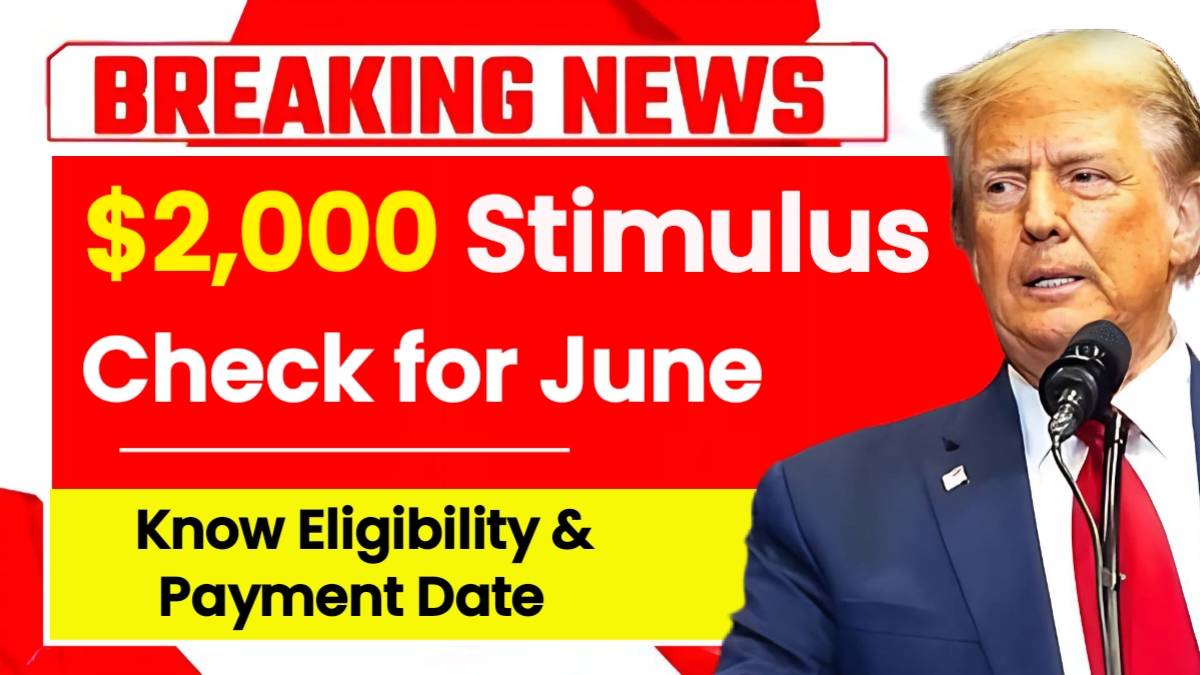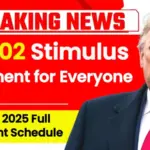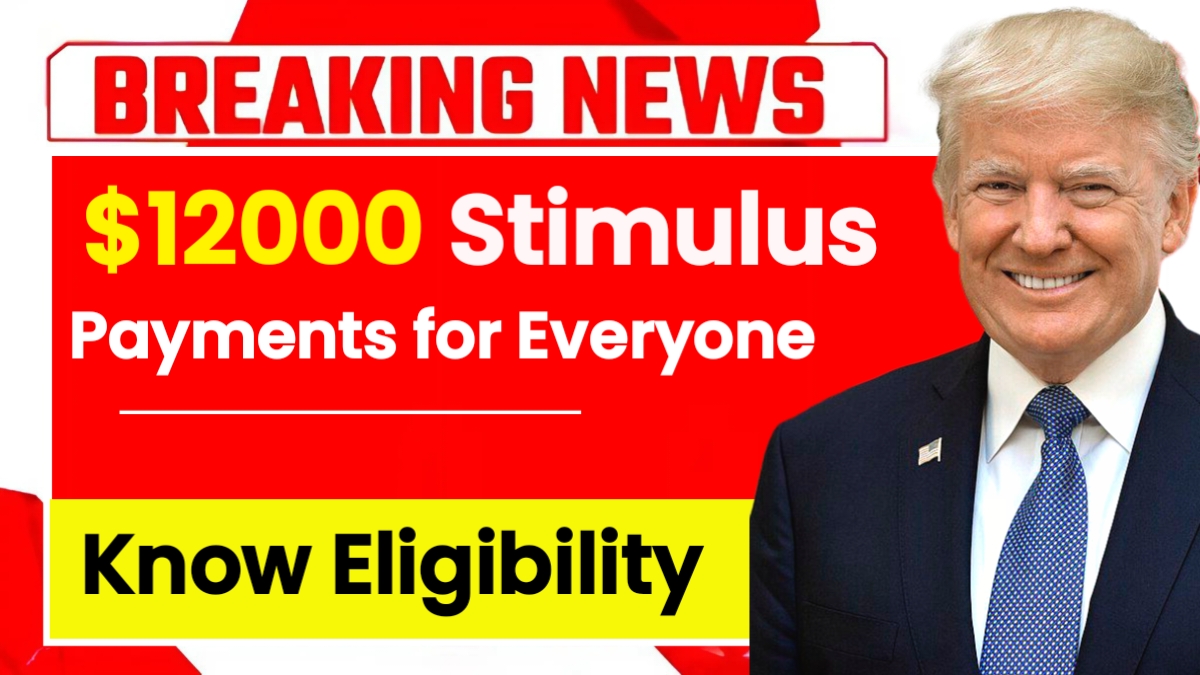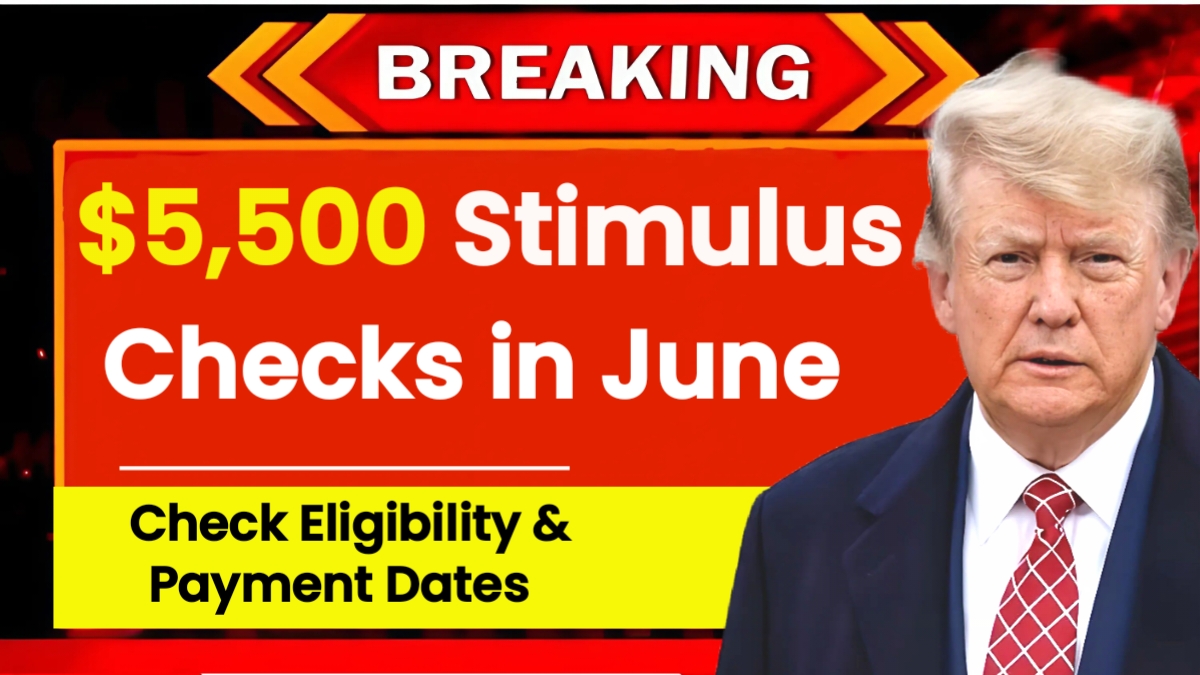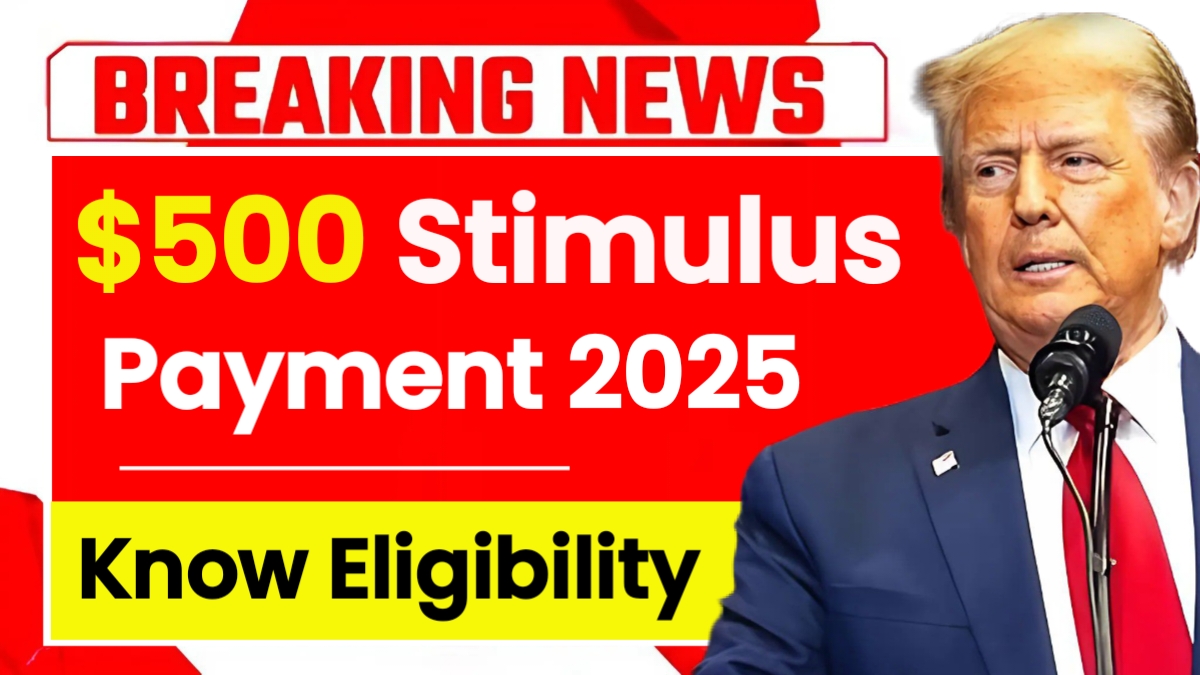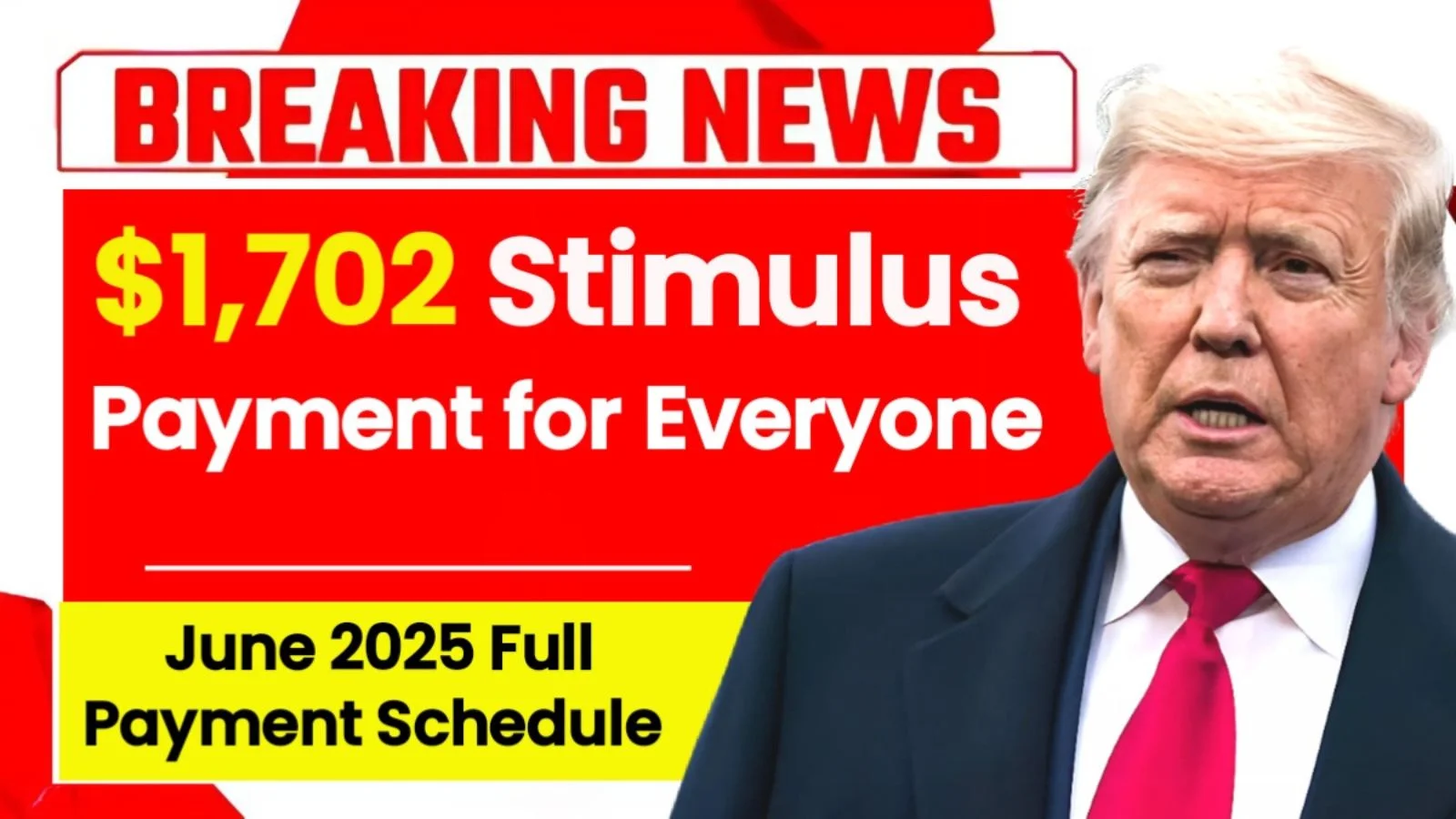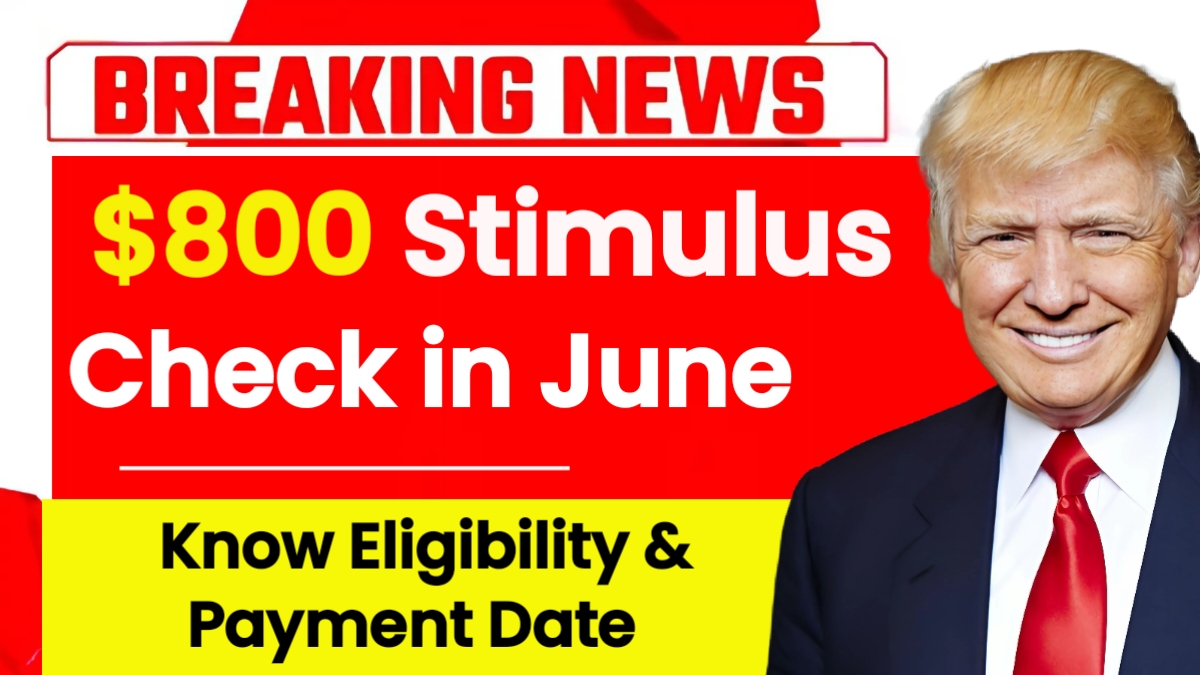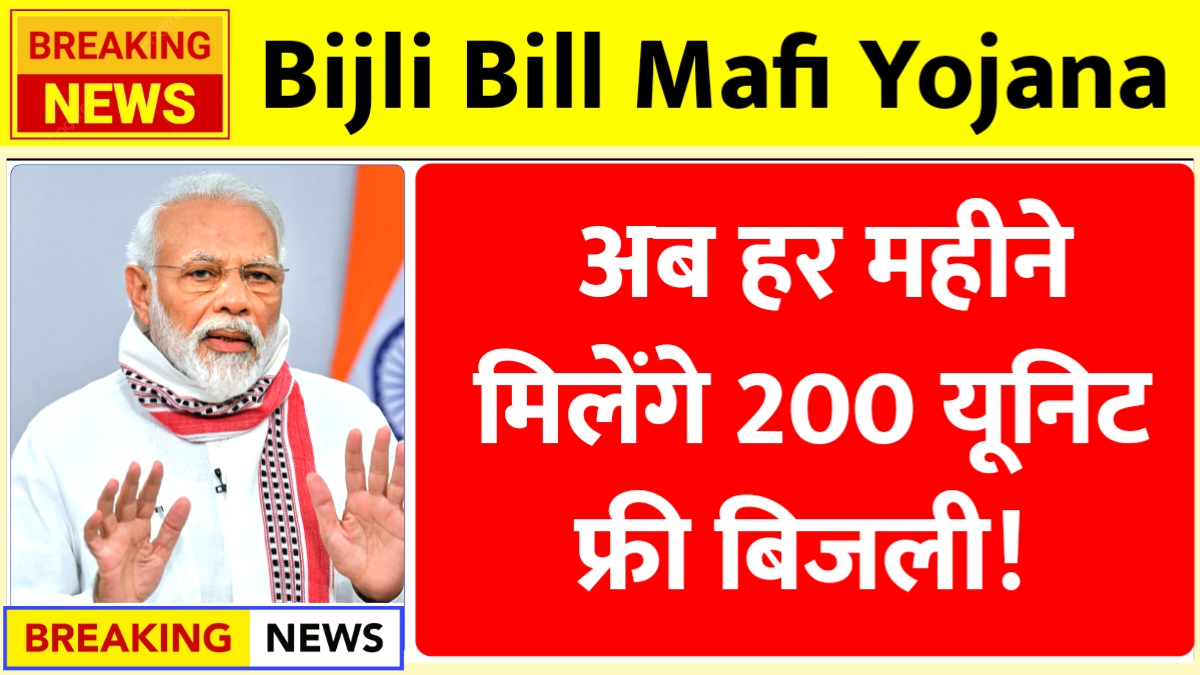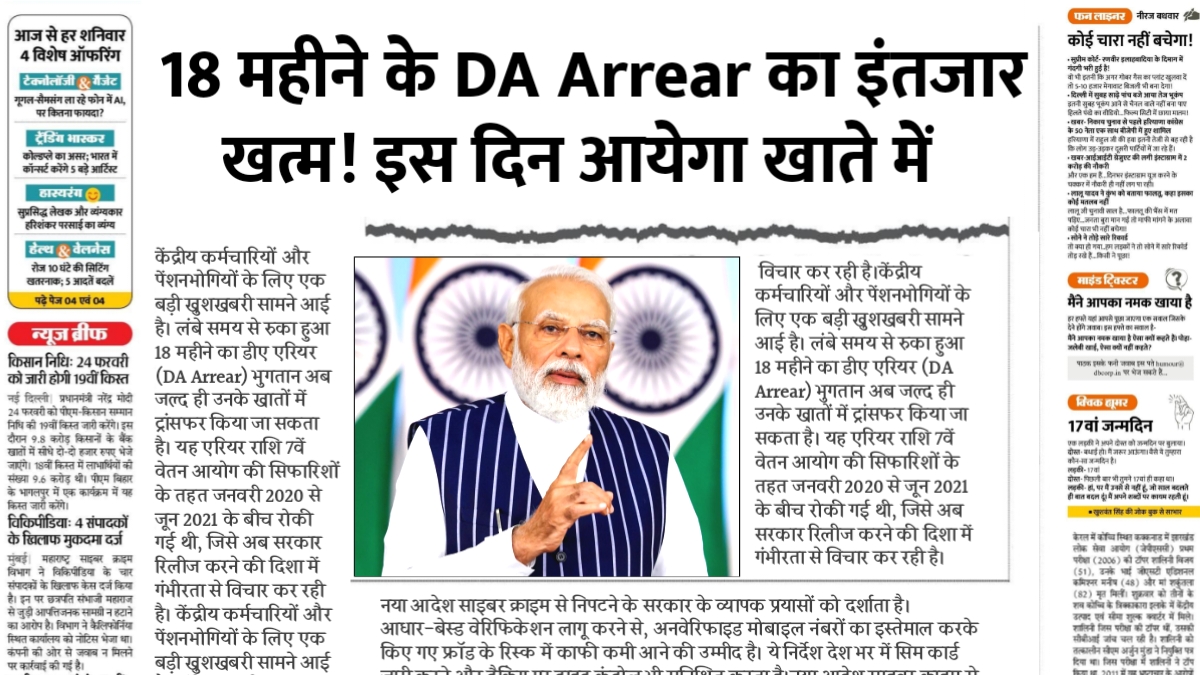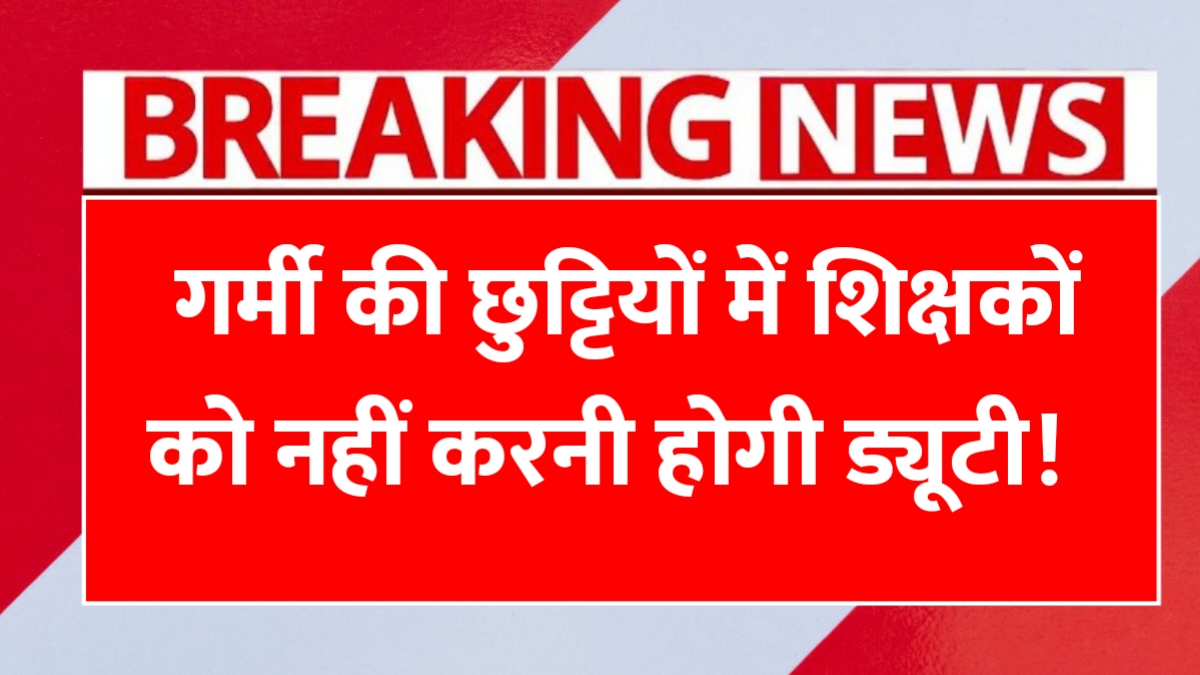$2,000 Stimulus Check for June 2025: In recent weeks, social media platforms and various websites have been buzzing with claims about a potential fourth stimulus check worth $2,000 that could be distributed to American citizens in June 2025. These rumors have particularly gained traction among vulnerable populations, including senior citizens, disabled individuals, and families from middle and lower-income brackets who are still recovering from economic hardships. The widespread nature of these claims has created significant confusion and false hope among millions of Americans who are eagerly awaiting financial relief.
However, it’s crucial to understand that neither the United States Congress nor the Internal Revenue Service (IRS) has made any official announcements or confirmations regarding a fourth stimulus payment. Government officials and financial experts have repeatedly urged the public to rely solely on verified information from official sources rather than trusting unverified claims circulating on social media or unofficial websites. The lack of any concrete legislative action or official documentation makes these claims highly questionable at best.
Historical Context of Previous Stimulus Payments
To better understand the current situation, it’s important to review the three stimulus payments that were actually distributed during the COVID-19 pandemic. The first stimulus check provided $1,200 to eligible Americans, followed by a second payment of $600, and finally a third installment of $1,400. These payments were part of comprehensive relief packages passed by Congress and signed into law by the president, with clear eligibility criteria and distribution mechanisms established through official channels.
The deadline to claim the third stimulus check through tax filing was April 15, 2025, and individuals who failed to file their taxes by this date forfeited their opportunity to receive the rebate credit. This means that unclaimed funds have been returned to the federal treasury, and there is no current mechanism for individuals to retroactively claim these payments. The structured and official nature of these previous payments stands in stark contrast to the vague and unsubstantiated claims about a fourth stimulus check.
Examining the Alleged Eligibility Criteria
According to the circulating rumors, the supposed fourth stimulus check would target specific demographics including senior citizens, disabled individuals, and families with annual incomes below $75,000 for single filers or $150,000 for joint filers. The rumors also suggest that applicants would need to have filed their tax returns and possess a valid Social Security Number to qualify for the payment. While these criteria might seem reasonable based on previous stimulus programs, they remain entirely speculative since no official program exists.
The danger in these detailed but false eligibility requirements is that they lend credibility to otherwise baseless claims. Scammers and fraudulent websites often use realistic-sounding criteria to make their schemes appear legitimate, potentially tricking vulnerable individuals into providing personal information or falling victim to financial scams. Without official confirmation from government agencies, any specific eligibility criteria should be viewed with extreme skepticism.
The DOGE Dividend Proposal Confusion
Adding to the confusion surrounding potential stimulus payments is the mention of a “DOGE Dividend” proposal allegedly made by former President Donald Trump in February 2025. According to these claims, Trump suggested that every American citizen could receive $5,000 through savings generated by a new “Government Efficiency Department” led by entrepreneur Elon Musk. However, this proposal has not been formally introduced in Congress, lacks official documentation, and remains nothing more than a political statement or suggestion without legal or practical foundation.
The mixing of legitimate political discourse with unverified stimulus claims creates a perfect storm of misinformation that can mislead citizens about actual government policies and programs. It’s essential to distinguish between political proposals, campaign promises, and actual legislation that has been passed and implemented through proper governmental channels.
Current Official Status and Fact-Checking Resources
As of June 2025, no federal agency, congressional committee, or the IRS has confirmed the existence of any fourth stimulus check program. The viral claims about payments scheduled for June or July 2025 are entirely based on unverified and unreliable sources that have no connection to official government communications. Citizens who are expecting legitimate tax refunds or have questions about their tax status should use official IRS resources such as the “Where’s My Refund” tool available on the IRS website.
For individuals seeking accurate information about their tax status or potential refunds, the IRS official website and state tax agency portals remain the only reliable sources. These platforms provide real-time updates on tax processing, refund status, and any legitimate government programs that may affect taxpayers. Relying on unofficial sources or social media claims can lead to disappointment and potentially expose individuals to financial scams.
Essential Safety Precautions for Citizens
Given the prevalence of stimulus check misinformation, American citizens must take proactive steps to protect themselves from falling victim to scams or making financial decisions based on false information. The most important precaution is to exclusively trust official government sources such as the IRS, Congressional websites, and verified White House communications when seeking information about federal programs or benefits.
Citizens should never share personal information including Social Security Numbers, bank account details, or identification documents through unofficial websites, suspicious emails, or unsolicited phone calls. Legitimate government programs do not require citizens to provide sensitive information through unofficial channels or pay fees to access benefits. Any request for personal information should be verified through official government websites before proceeding.
Disclaimer: This article is based on publicly available information and official government sources as of June 2025. Citizens should always verify information through official IRS and government channels before making any financial decisions.
The claims about a $2,000 fourth stimulus check in June 2025 remain unsubstantiated rumors without any official government backing. While economic relief programs may be considered by future administrations and congressional sessions, no such program currently exists or has been officially proposed. Citizens should maintain healthy skepticism about viral social media claims and focus on verified information from official sources to make informed financial decisions during these uncertain times.
